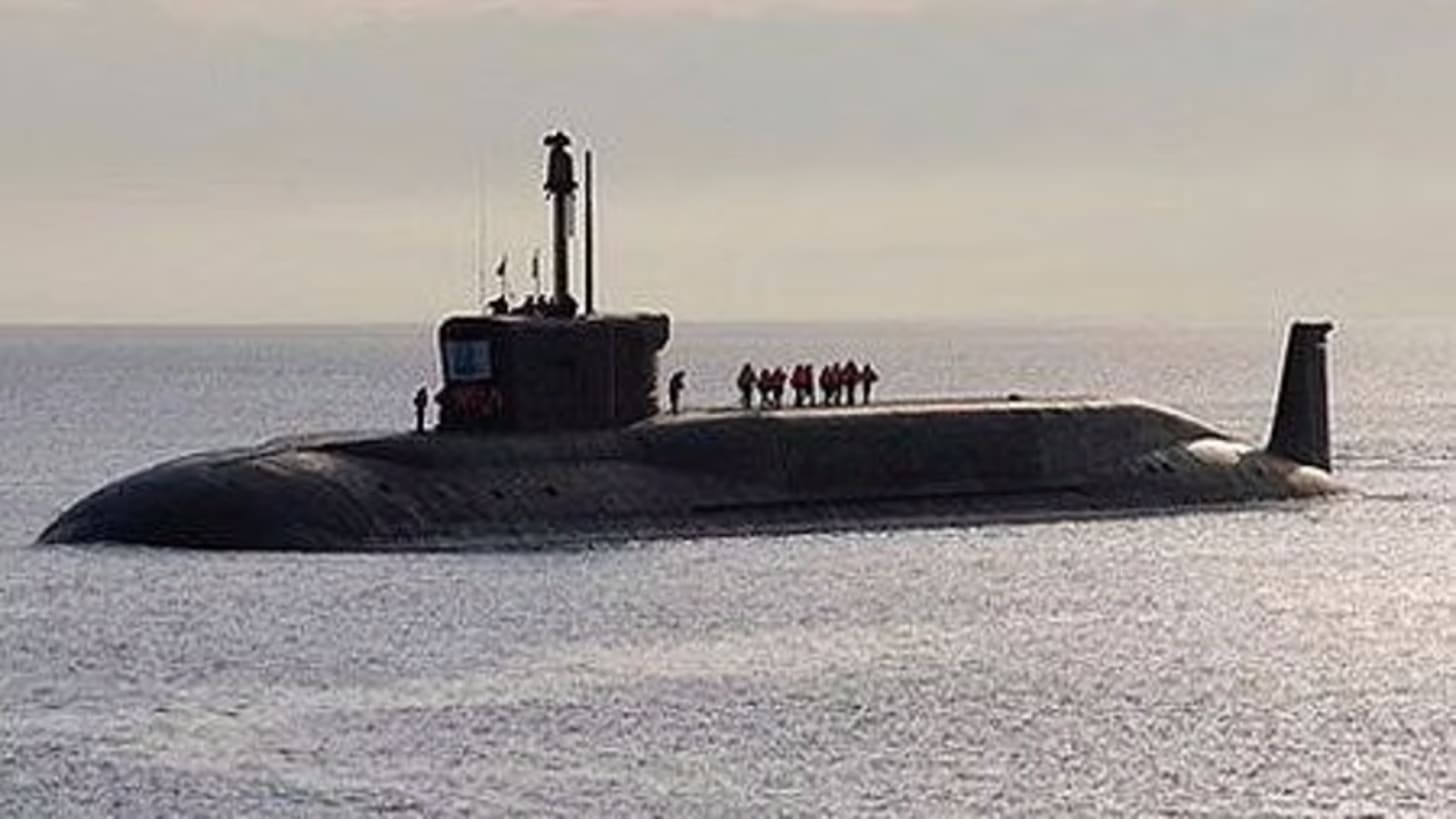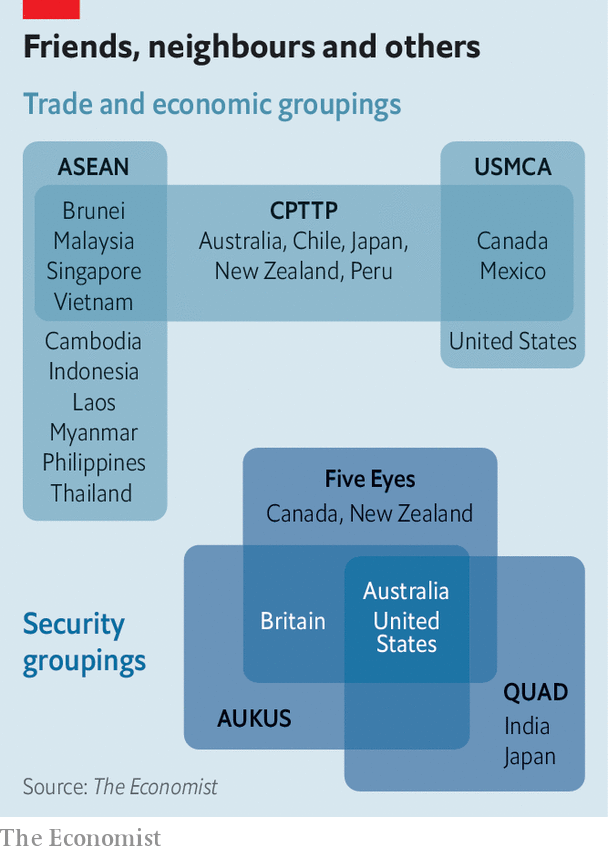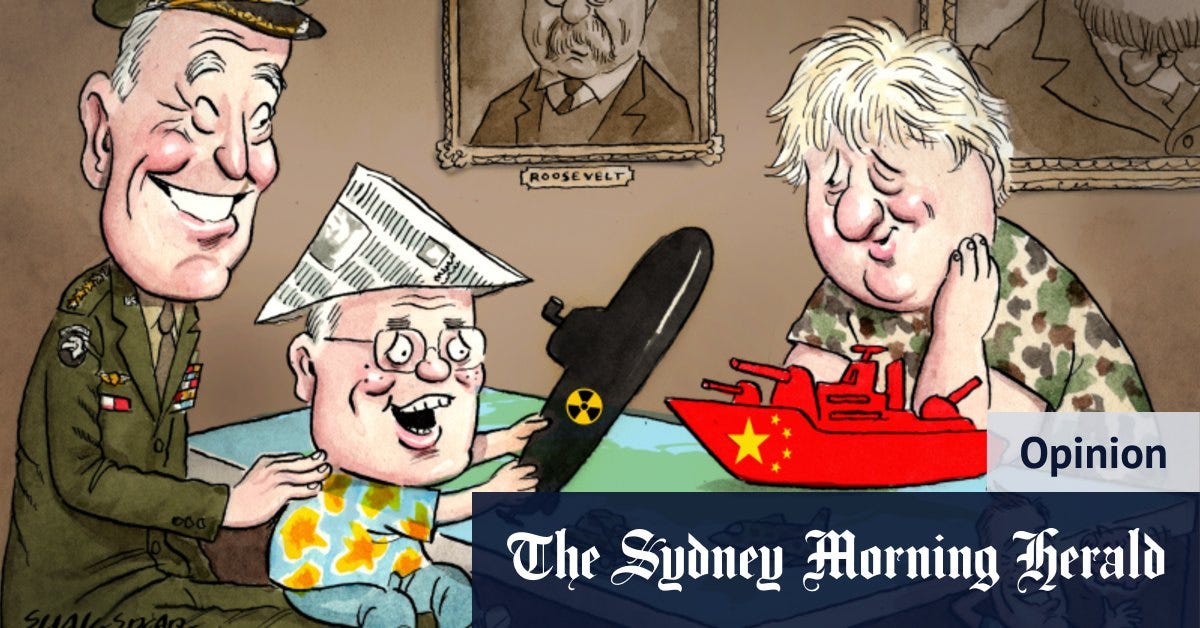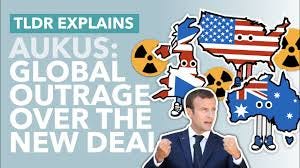A version of this essay was published by Chintan at https://chintan.indiafoundation.in/articles/poor-optics-retreat-from-the-quad-and-proliferation-make-aukus-a-bad-pact/
The AUKUS strategic alliance among Australia, the US and the UK was an unexpected bombshell. Among the unpleasantly surprised were India and Japan, partners of the US and Australia in the Quad quasi-alliance. France (and the rest of the European Union) were also upset. (France also had a reasonable commercial peeve: its diesel-submarine order worth $40 billion with Australia was cancelled without notice).
AUKUS has been spun by American and especially British commentators as a wonderful new initiative to contain China, this time with some military might. Meanwhile China continues to rampage in the South China Sea and the East China Sea, and threatens to capture the continental shelves of nations like Indonesia and Vietnam via ‘research’ ships.
However, there are serious concerns, especially from the point of view of India, which obviously has its own military issues relating to China, based on the latter’s nibbling away at the Indo-Tibetan Himalayan border, leading of course to June clashes in Galwan. Reports about a huge build up of infrastructure and war materiel in Tibet, incursions deep into Indian territory, and the setting up of villages inside Bhutan point to a ‘salami slicing’ approach.
In the context of the looming Chinese threat to the prevailing international order, it is only natural that the US should take steps to preserve its primacy. Thus the Quad, which was first mooted by Prime Minister Abe of Japan: a coalition of democracies in the Indo-Pacific, with a common interest in containing a rampaging China, and the muscle to enforce their will. They will never say “contain China”, but that’s the intent.
Former US President Obama allegedly made a “pivot to Asia”, but it was on his watch that China captured the South China Sea, suffering no consequences therefrom. Former US President Trump at least made noises about decoupling from China and attempted to bring in a consensus about lakshmana rekhas around China.
In this context, three things current US President Biden has done appear to be counter-productive: one, the humiliating exit from Afghanistan; two, the AUKUS announcement, and three, the acceptance of Chinese hostage-taking tactics in the case of the CFO of Huawei.
All three instances created doubts about American credibility, dependability, and will/ability to stand up for its partners. In the aftermath of the withdrawal from Kabul and the announcement about AUKUS, China has redoubled its intimidation of Taiwan; it will likely do the same to Japan re the Senkakus; and generally do the same all over Asia.
It is true that the US needed to exit Afghanistan, but surely not like this. The headlong retreat implied that America’s friendship is hostage to expediency, and can be withdrawn any moment based on domestic compulsions. Henry Kissinger’s quip that “it is dangerous to be America's enemy, but fatal to be its friend” leaps to mind.
Similarly, maybe the US needed to bring Australia under its wing, but surely not like this. By sneaking the AUKUS announcement in a few days before the Quad summit, Biden deemed the Quad a lame duck. All the flowery language in the Quad declaration couldn’t conceal the fact that it had been downgraded. That the two non-white members of the Quad, India and Japan, were kept in the dark about AUKUS suggests certain agendas.
Besides, AUKUS does not seem to have troubled the Chinese very much: that, in and of itself, is ominous. The Chinese, as part of their ‘wolf-warrior’ diplomacy, habitually fly into a rage at the slightest of provocations: this is an intimidation tactic. But the official Chinese reaction to the AUKUS announcement was muted. Here’s what they said: “extremely irresponsible” and “seriously undermines regional peace and intensifies the arms race.”
Even the excitable Global Times only said, “Washington is losing its mind by trying to rally its allies against China”, “The US intends to turn the Quad and AUKUS into ‘sinister gangs’ containing China,” and “[we] warn solemnly Japan, India and Australia not to follow the US too far in confronting China. Once they step on the red line of China’s core interests, China will not care about their relations with the US, and China will not hesitate to punish them.”
That is very restrained by Chinese standards: the only conclusion we can draw is that they agree with Napoleon’s epigram: “Never interrupt the enemy when he’s making a mistake“. They think AUKUS is a win for them.
The Chinese are probably right. Despite the spin doctoring, this marks a historic retreat by America. The Biden team are laboring under an atavistic Atlanticist illusion of a white Anglophone alliance to dominate the world. Those days are long gone. The UK in particular is on a downward spiral after Brexit, and may soon be shorn of Scotland, Wales and Northern Ireland.
If the US wanted to proliferate nuclear submarine propulsion technology to Australia, they could have done so. Why choose an intermediary like the UK that doesn’t add value? I am reminded of the classic scene from Catch-22, where Yossarian wonders why the comatose patient needs to be an intermediary between the drip feed bag and the waste removal bag. Why not just connect the two?, he asks.
That also brings up the nuclear question. Why is the US proliferating nuclear technology to Australia, a non-nuclear power and a fierce NPT (Nuclear Non-Proliferation Treaty) adherent which refused to sell uranium to India citing the NPT? Maybe I am missing something, but doesn’t this US act eviscerate the NPT? If India were to transfer nuclear tech to Taiwan, would everybody be so quiet? Of course not: there are serious double standards in play.
Besides, Australia is pretty far away from China, and in any case the first submarines under the AUKUS deal will not (according to plan) appear till the 2040s. Too little, too late. The spurned parties, France, Japan and India, should perhaps form a triad. France has nuclear propulsion technology; surely it can do a technology transfer to India (forget the NPT); and France has a lot of interests in the Indo-Pacific, far more than the UK.
On the whole, AUKUS seems like a very bad deal, despite the PR storm that shows it in a good light.
1030 words, 4 Oct 2021














